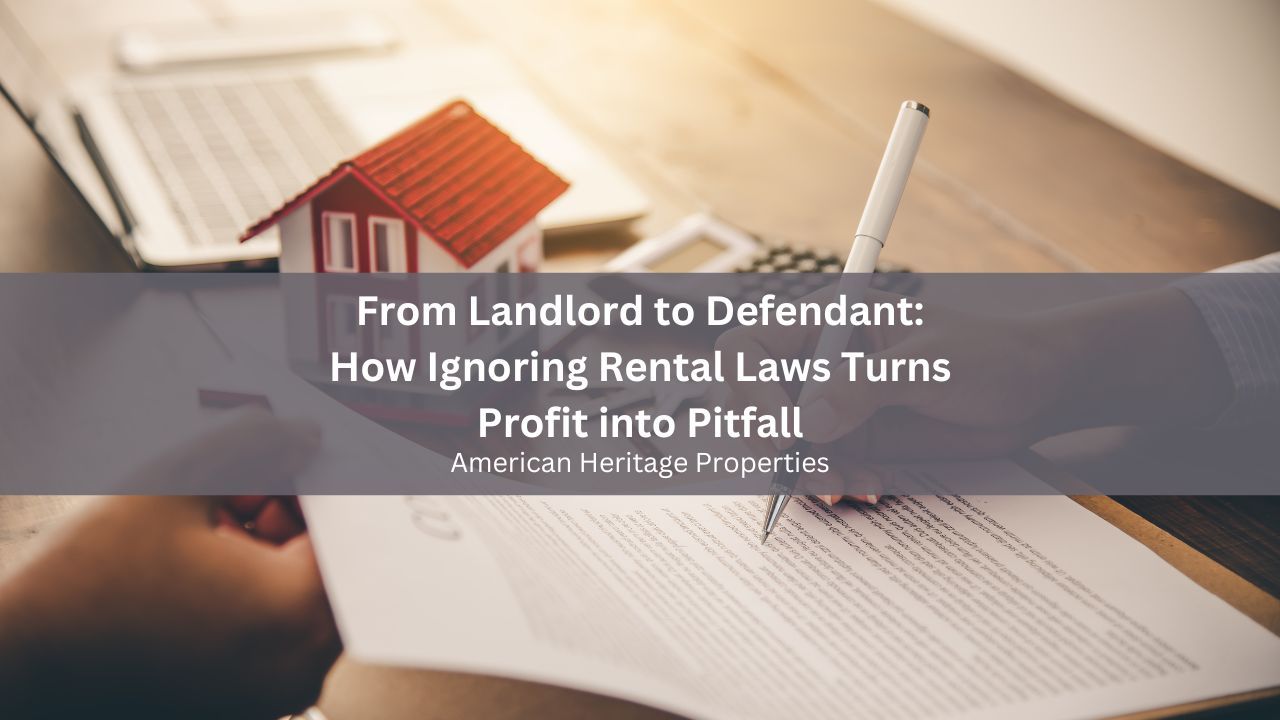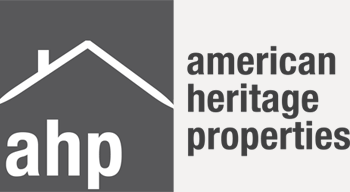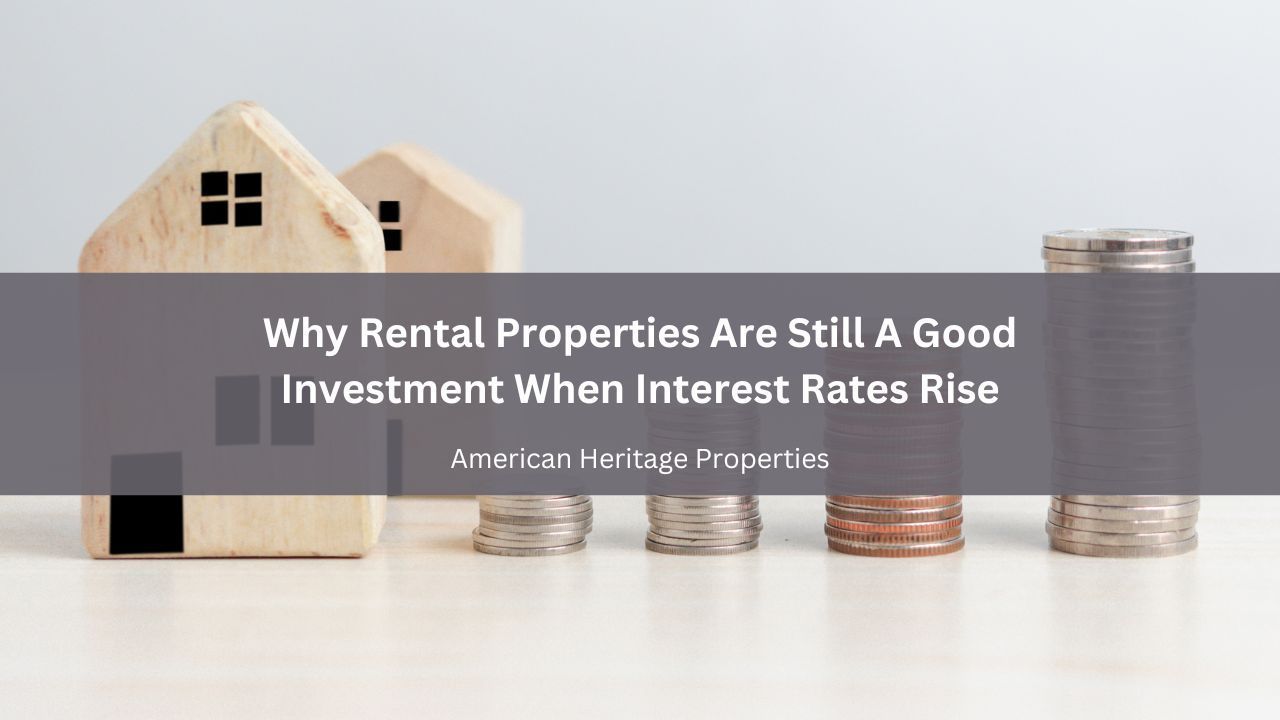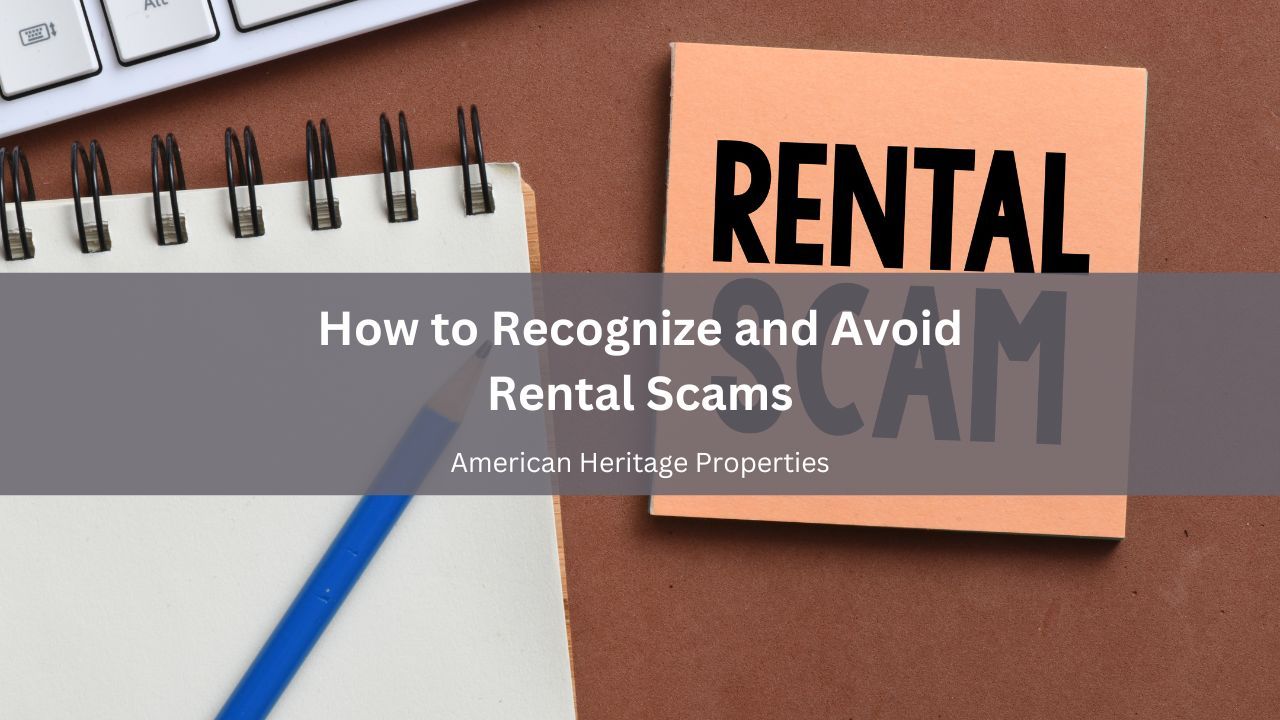How to Encourage Tenants to Report Repairs Promptly

Key Takeaways
- Create open, friendly communication and make the reporting process simple encourages tenants to report repairs promptly.
- Respond quickly and professionally to maintenance requests to build tenant-trust and prevent small issues from escalating.
- Educate tenants on the risks of delayed repairs, conduct regular check-ins, and set clear lease expectations to reinforce the importance of early reporting.
One of the most common challenges that rental property owners face is delayed maintenance reporting. Tenants may hesitate to notify you of issues right away, either because they don’t want to be a bother, assume it’s not serious, or think the issue will resolve on its own. Unfortunately, minor issues can escalate into major problems if not addressed quickly.
Encouraging tenants to report repairs promptly is essential for maintaining the condition of your rental property, preserving its value, and ensuring a positive landlord-tenant relationship. We at American Heritage Properties have put together some ways to motivate tenants to speak up about needed repairs without delay!
Foster Open and Friendly Communication
Tenants are more likely to report problems if they feel comfortable reaching out. Creating a welcoming, professional atmosphere from the beginning sets the tone for ongoing communication. Let them know their comfort and safety are your priority. At the lease signing or move-in, clearly explain how tenants should contact you for maintenance concerns, and emphasize that quick reporting helps everyone involved.

Make the Reporting Process Easy
One of the main reasons tenants don’t report repairs promptly is because the process is unclear or inconvenient. Create a straightforward method for reporting repairs. Whether you use a dedicated phone number, email address, online portal, or property management app, ensure the process is easy to use, accessible at any time, and clearly outlined in your welcome materials.
It’s also helpful to provide confirmation once a maintenance request is received. Even a simple automated message or a short text acknowledging the request reassures the tenant that the issue is being addressed.
Respond Promptly and Professionally
One of the strongest ways to encourage tenants to report repairs is by showing them their reports are taken seriously. When a tenant submits a maintenance request and sees a prompt response, they are more likely to report future issues without hesitation. Let your California tenants know the next steps and give an estimated timeline. Keeping tenants in the loop builds trust and shows you are dependable.
Educate Tenants About the Risks of Delaying Repairs
Many tenants don’t understand that a seemingly minor issue, such as a leaky faucet or a small crack in a wall, can become a major repair if ignored. Use move-in packets or newsletters to educate your tenants about the importance of reporting problems early. When tenants understand the consequences of delaying a report, they are more likely to act quickly.

Conduct Routine Check-Ins
Even if tenants are encouraged to report issues, some may still remain silent. That’s why regular property inspections are important. Schedule routine check-ins, as allowed by law and the lease agreement, to inspect the property and encourage open conversation about any problems the tenant may be experiencing.
During these visits, you can ask if everything is working well and offer a chance to mention small concerns that may have gone unreported. It also shows tenants that you care about the condition of the San Diego home and their comfort.
Offer Maintenance Reminders and Seasonal Tips
Sending out seasonal maintenance reminders is a helpful way to prompt tenants to inspect their units and report anything that needs attention. These gentle nudges not only promote timely reporting but also show tenants you are proactive and invested in their safety and well-being.
Set Clear Expectations in the Lease
Your lease agreement is the foundation of your landlord-tenant relationship. Use it to outline the tenant’s responsibility to report issues in a timely manner. Include language that emphasizes that tenants must notify you of any property maintenance or safety concerns as soon as they arise. This helps establish a formal understanding and can serve as a reference point if a dispute arises later.

Keep Detailed Maintenance Records
Having a system to log all reported issues, response times, and repair resolutions ensures you stay organized and helps you track recurring problems. This kind of documentation is useful not just for internal tracking but also in case of legal disputes or inspections. It can also show you patterns like a certain tenant who consistently reports late, or recurring issues in a specific unit that may need a more permanent fix. With this insight, you can be proactive and reach out before tenants even report a new issue.
The Role of a Professional Property Management Company
For landlords managing multiple properties or those living far from their rentals, responding to repair needs quickly can be a challenge. This is where hiring a professional property management company becomes invaluable.
Property managers are equipped with systems to streamline maintenance reporting, dispatch repair vendors efficiently, and track issue resolution from start to finish. They are trained to professionally communicate with tenants, which encourages consistent and prompt reporting. Additionally, property managers often have relationships with trusted contractors and maintenance professionals, meaning repairs get done faster and at better rates. Working with a property management company also provides tenants with a point of contact who is readily available.
Bottom Line
Prompt repair reporting is a cornerstone of successful rental property management. When tenants feel supported, understand the importance of early reporting, and trust that their concerns will be addressed, they are much more likely to notify you of issues quickly. By fostering a positive communication culture, simplifying the reporting process, and responding professionally, you create an environment where maintenance issues are less likely to spiral out of control.
Partnering with a reputable property management company also ensures that every repair is handled efficiently and every tenant feels heard. Call American Heritage Properties if you need assistance!
Share this post









